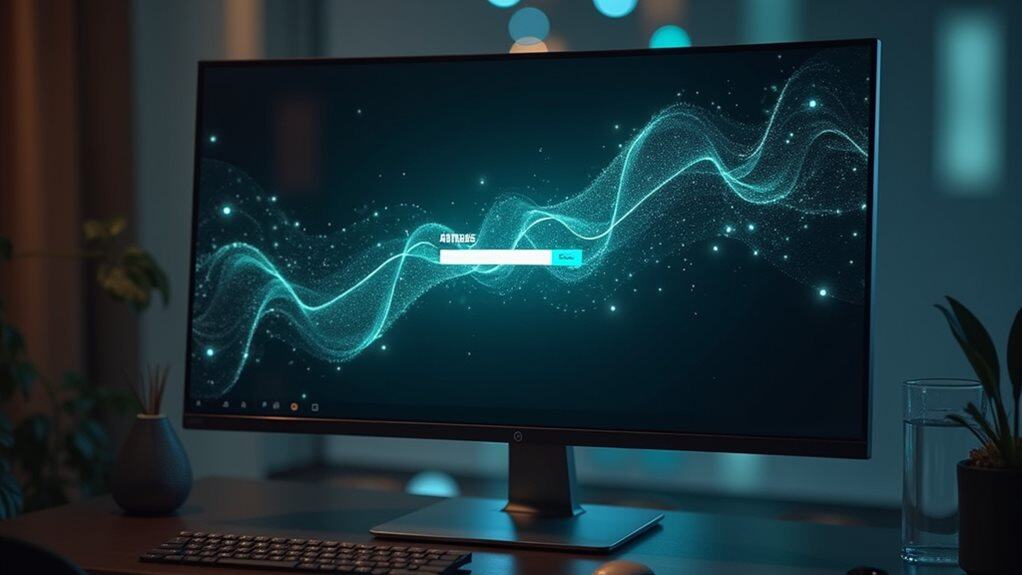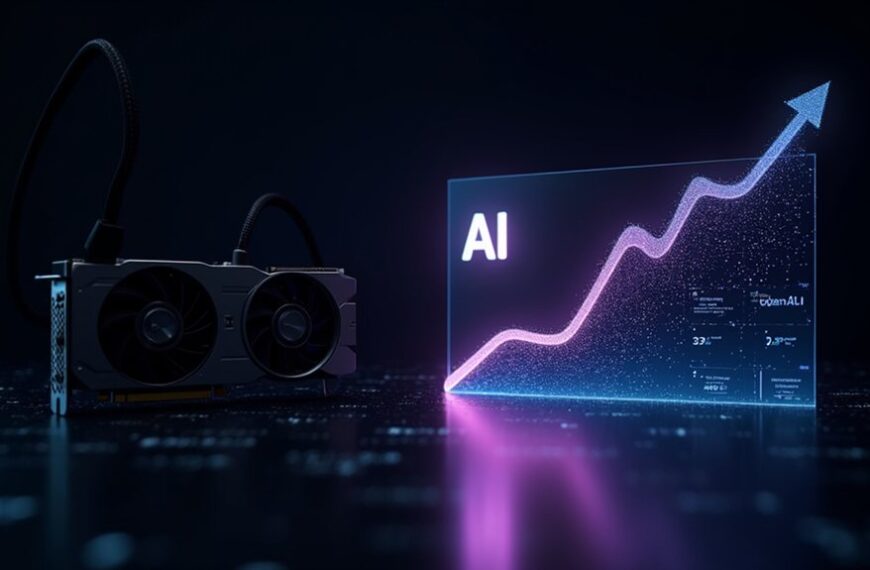OpenAI’s upcoming Chromium-based browser will revolutionize how you interact with the web by integrating AI assistance directly into your browsing experience. Expected to launch within weeks, this browser won’t just display websites—it’ll actively complete tasks for you, including summarizing content, filling forms, and handling online purchases. Unlike traditional browsers that simply traverse pages, this AI-powered tool transforms browsing into a proactive personal assistant that manages complex multi-step interactions automatically, fundamentally changing your online workflow and productivity.

While Google Chrome has dominated the browser market for over a decade, OpenAI is preparing to challenge that supremacy with its own AI-powered web browser. The company plans to launch this innovative browser within weeks, according to multiple insider sources familiar with the development process.
OpenAI’s browser is built on Chromium, the same open-source foundation that powers Google Chrome. This architecture guarantees compatibility with existing web standards and extensions while providing the stability users expect from established browser infrastructure.
OpenAI’s Chromium-based browser ensures seamless compatibility with existing web standards while delivering the reliability users demand from proven infrastructure.
The browser’s standout feature is its tightly integrated AI assistant, which operates directly within your browsing environment. This chat-style AI can summarize web pages, autofill complex forms, and even complete online purchases on your behalf. You’ll experience a shift from traditional tab-based navigation to AI-driven task completion.
The browser may include OpenAI’s Operator, an agentic AI designed for multi-step web tasks. This feature can handle responsibilities like scheduling appointments, ordering food, and managing travel arrangements across multiple websites. Your browser transforms from a simple interface into a proactive personal assistant.
OpenAI positions this browser as a direct competitor to Google Chrome, targeting users who want AI features embedded deeply into their browsing experience. The company aims to capture both general consumers and power users who need automated task completion. This entry comes months after OpenAI expressed interest in acquiring Chrome. The browser launch coincides with regulatory challenges facing Google Chrome, potentially creating an opportune moment for OpenAI to capture market share.
The browser will provide OpenAI with direct access to user data for model improvement and personalized experiences. This data integration is essential for improving the AI assistant’s accuracy and capabilities over time. However, this approach raises potential privacy considerations regarding data usage for training purposes.
Development has progressed to near completion, with the launch expected to introduce an AI-centric browsing paradigm to the public. The browser will handle automatic content summarization, streamline online shopping and bookings, and manage multi-step interactions that typically require visiting multiple websites. The browser’s AI capabilities could face multimedia support challenges similar to those experienced with OpenAI’s recent product announcements.
This represents a fundamental shift in how browsers operate, moving beyond simple web navigation to become all-encompassing AI-powered assistants that can delegate and complete mundane web tasks automatically.
Frequently Asked Questions
Will Openai’s Browser Be Free or Require a Subscription?
You’ll likely find OpenAI’s browser follows their established pricing model with both free and paid options.
The free tier will probably include limited access with basic features and initial credits for exploration.
You can expect a subscription plan around $20-30 monthly for improved capabilities, priority access, and advanced features.
You’ll also have access to an open-source version requiring technical setup but offering unlimited free use on your own hardware.
When Will the Browser Be Available for Public Download?
You can expect OpenAI’s AI-powered browser to become available for public download within the coming weeks, based on early July 2025 reports.
The company hasn’t announced an exact release date or provided official download links as of July 10, 2025.
However, expectations point to a July 2025 launch window, since the browser is described as “close” to being ready for public release.
Which Operating Systems Will the Browser Support?
You’ll likely find OpenAI’s browser supports Windows, macOS, and Linux since it’s built on Chromium.
The browser will probably require Windows 10/11 and macOS 11 or newer versions for peak performance.
You shouldn’t expect iOS support initially due to Apple’s WebKit restrictions, though Android compatibility remains possible.
The AI features demand robust system resources, so you’ll need modern operating systems to run the browser’s advanced capabilities effectively.
How Will User Privacy and Data Be Protected?
You’ll likely encounter similar privacy protections as OpenAI’s current services, including data encryption during transmission and user controls for managing your information.
However, the browser could access more personal data directly from your web activities, potentially raising additional privacy concerns.
OpenAI hasn’t detailed specific browser privacy measures yet.
You’ll need to wait for official announcements about data handling policies and security features before understanding the full privacy implications.
Can Existing Browser Extensions Work With Openai’s Browser?
You’ll likely find many existing browser extensions compatible with OpenAI’s browser since they use the same chat.completions API endpoint.
Extensions that integrate ChatGPT features for productivity, summarizing, and text automation should work with minimal adaptation.
However, you might encounter limitations with unofficial extensions due to OpenAI’s trademark policies and security requirements.
Official OpenAI extensions will offer better security for API key management and data privacy than third-party alternatives.





